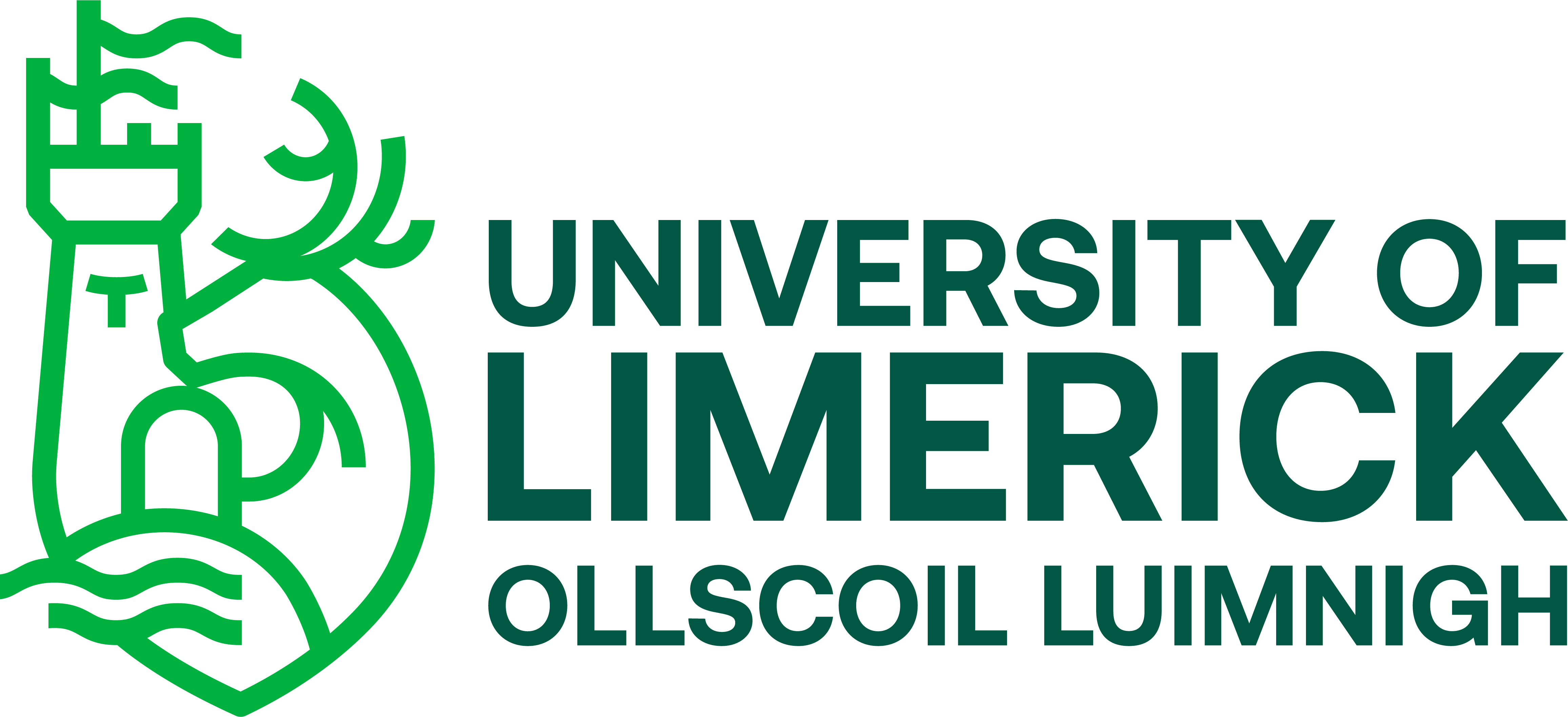UL research to help improve recovery post-stroke and achieve better outcomes for older people
Sponsored by

Sponsored by

Two University of Limerick (UL) researchers have received funding to investigate ways to improve recovery post stroke and help to achieve consistent reporting of outcomes when addressing the complex needs of older adults.
Professor Rose Galvin and Associate Professor Sara Hayes, both in the School of Allied Health have been awarded funding totalling €852,397 from the Health Research Board (HRB) under the Investigator-Led Projects (ILP) funding stream.
Professor Galvin will lead the project working to achieve better reporting of older people by standardising outcomes in comprehensive geriatric assessment (CGA).
Comprehensive geriatric assessment is the cornerstone of modern healthcare for older adults and the framework around which conventional and new models of care for older people are developed. However, one of the key challenges in CGA research has been the inconsistency in outcome reporting across clinical trials. This makes it difficult to compare data across studies and draw meaningful conclusions.
This project will address this challenge through the development of a core outcome set for research studies evaluating the effectiveness of CGA as a model of care.
Separately, the improvement of cognitive function for people post stroke is the aim of the research by Associate Professor Sara Hayes.
Stroke is the second leading cause of death and the third leading cause of disability worldwide. A stroke can affect the way your brain understands, organises, and stores information, known as cognition, and up to 38% of people demonstrate cognitive impairment one-year post-stroke. The focus of rehabilitation programmes post-stroke is often placed on physical difficulties, neglecting hidden cognitive impairment.
Signs of cognitive impairment include memory loss and trouble concentrating, completing tasks, understanding, remembering, following instructions, and solving problems.
This project will develop an adaptive cognitive rehabilitation intervention to tackle the urgent issue of cognitive impairment post-stroke.
In total, the HRB has announced 29 projects worth €12.4 million are being funded to address various health challenges across the overarching themes of patient-oriented research, population health research, and health service research.
Welcoming the grant funding Dr Mairead O’Driscoll, Chief Executive of the Health Research Board, said: “The ILP scheme illustrates the HRB’s commitment to support high-quality investigator-led research. We want to create new internationally relevant knowledge that will help to address major health challenges in society. And we want to make a positive impact on tomorrow’s health care.”
Commenting on her award, Professor Rose Galvin said: “This project addresses many of the current challenges faced by clinicians and researchers using CGA. By developing of a core outcome set for research studies we will be better able to evaluate the effectiveness of CGA as a model of care. It will ensure that future evaluation research is both comparable and comprehensive, allowing for more accurate evaluations of CGA's effectiveness across different care settings. This will ensure that key outcomes are consistently measured in future clinical trials, which is crucial for generating robust data that can inform both clinical practice and policymaking.”
Associate Professor Sara Hayes said: “This research provides us with a fantastic opportunity to address the major public health concern of poorly managed cognitive impairment post-stroke. We will be working closely with people with stroke, families and healthcare professionals to discuss what matters to them. By using co-design and novel experimental methods we will develop a personalised cognitive rehabilitation intervention for people with cognitive impairment post-stroke, helping to improve their quality-of-life outcomes.”
The successful investigator-led projects were selected by an international panel of experts following a rigorous application process.
A public review was undertaken alongside the scientific peer review to assess whether the research is in the best interests of the patient or the general health of the population.
Successful projects were selected based on their scientific quality and innovation, potential impact, and feasibility.
Each project will be funded for a maximum of four years.
Curious about UL research, check out ul.ie/research